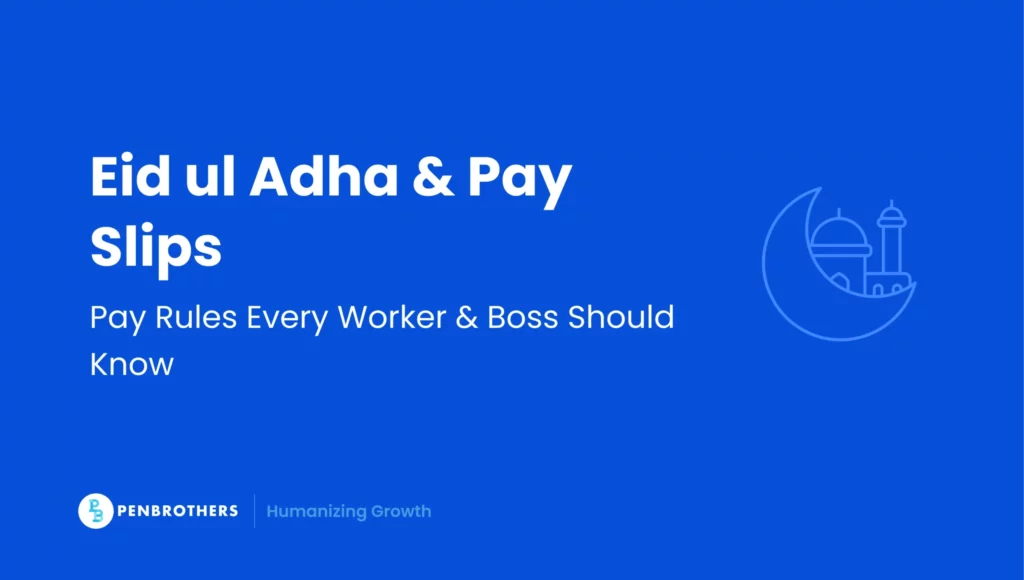Why Eid-ul-Adha Pay Rules Matter
Eid ul Adha is a regular holiday in the Philippines, officially declared under Proclamation No. 579, s. 2024, and observed on June 6, 2025. The date shifts annually due to the Islamic lunar calendar, which is about 10 days shorter than the Gregorian calendar. This variability means HR teams must track annual proclamations. For foreign employers managing Filipino remote teams, understanding local labor compliance is essential. It goes beyond payroll. It’s about aligning with inclusive and lawful employment practices.
What Is Eid-ul-Adha? A Cultural and Legal Context
Recognized as the “Feast of Sacrifice,” Eid-ul-Adha is among the most revered Islamic festivals. It commemorates the willingness of Ibrahim to sacrifice his son as an act of obedience to God. In the Philippines, this event is recognized as a regular holiday, giving Muslim employees the chance to celebrate with their families. Employers must recognize its legal status in accordance with the Philippine Labor Code.
Official DOLE Holiday Pay Rules for Eid-ul-Adha
According to the Department of Labor and Employment (DOLE), the following pay rules apply:
- No work on June 6, 2025: Employee receives 100% of their daily wage.
- Work on the holiday: Employee receives 200% of their daily wage.
- Overtime work: Employee receives plus 60% of their hourly rate on top of the holiday rate.
- Holiday on rest day: Employee receives 200% + 60% of daily wage.
Formula Example:
Basic wage x 200% x 60% x number of hours worked
Pay Rules for Eid-ul-Adha if You Manage Remote or Hybrid Teams
For Filipino remote workers, DOLE’s rules still apply. Location does not exempt compliance. If your team works from home in the Philippines, they must be paid accordingly based on the rules above. However, freelancers or independent contractors are not covered by these pay rules unless specifically stated in their contract.
FAQs: Quick Guide for HR & Employees
Do employees need to work the day before Eid to qualify for holiday pay?
Yes. If the employee is present or on approved leave with pay the day before the holiday, they are entitled to pay.
What if Eid falls on an employee’s rest day?
They are still entitled to 200% + 60% if they work on that day.
Does this apply to night shift workers?
Yes. Computation is based on hours worked and applicable premiums.
Are freelancers covered?
No, unless a contract stipulates holiday pay benefits.
Why Recognizing Eid-ul-Adha Supports an Inclusive Workplace
Respecting religious holidays like Eid-ul-Adha strengthens your company’s diversity, equity, and inclusion (DEI) policies. When employees feel seen and valued, they perform better and stay longer. Beyond compliance, it demonstrates cultural respect in a multicultural work environment.
Employer Checklist: What to Do Before and After Eid-ul-Adha
- Confirm the official holiday proclamation
- Inform employees in advance
- Ensure payroll systems reflect correct computations
- Respect requests for extended leave, if any
- Recognize and celebrate the holiday respectfully
Summary: Your Eid-ul-Adha Compliance and Inclusion Guide
Eid-ul-Adha is more than a statutory requirement. It’s an opportunity to promote inclusive and lawful HR practices in your offshore workforce. Stay compliant, be culturally aware, and lead with fairness.
Need guidance on Filipino labor law for your remote team? Bookmark this guide and consult with a local expert to stay compliant.






